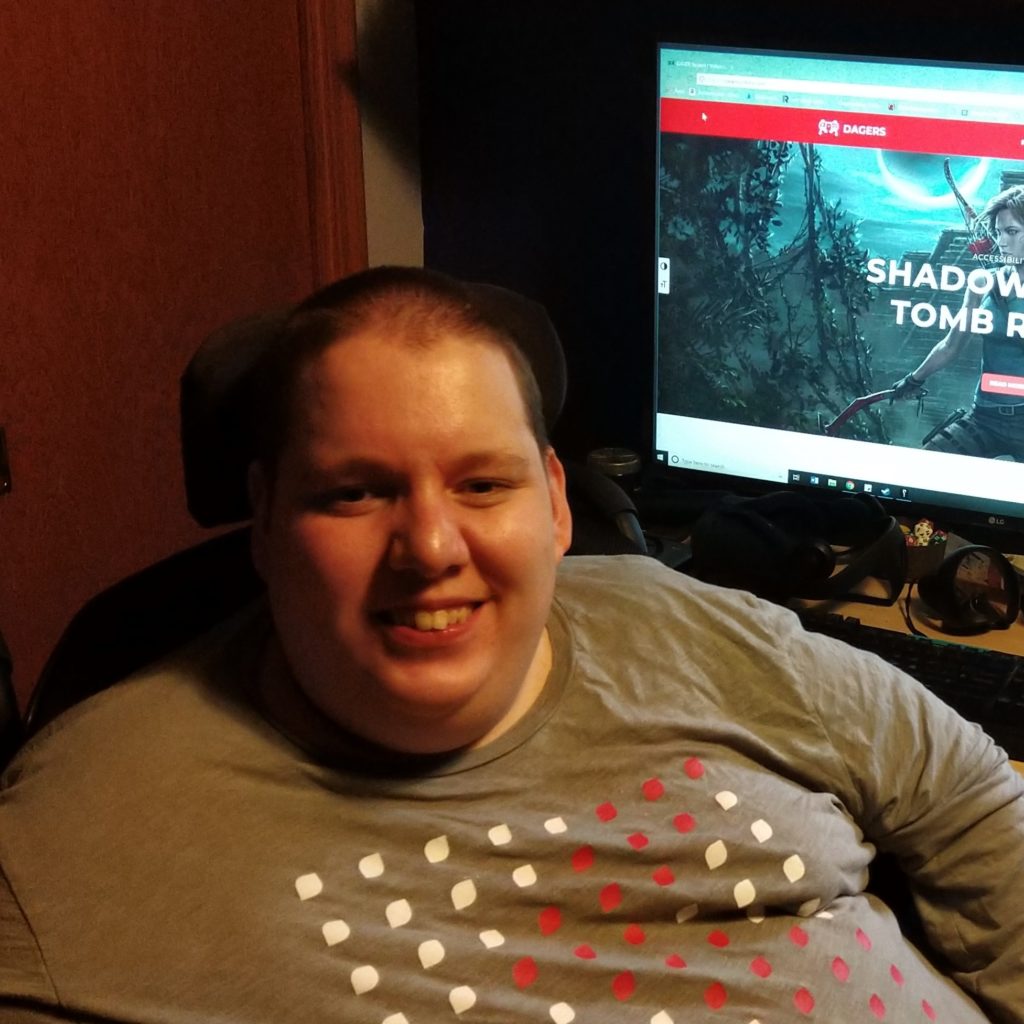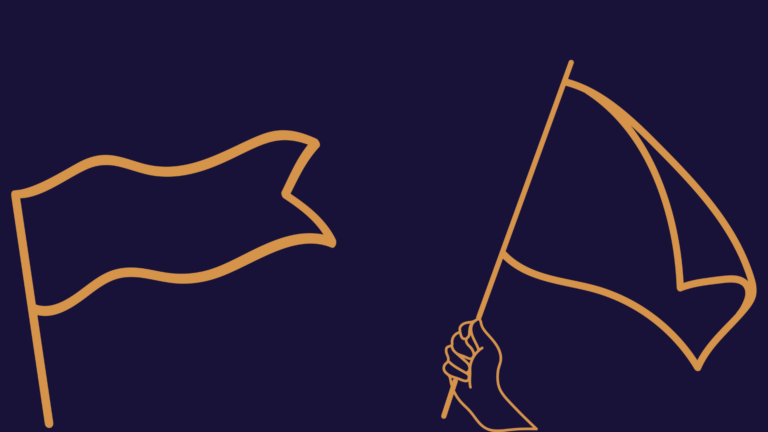Josh Straub

“When I went to take the GRE (Graduate Record Examinations), the facility was not prepared to handle someone with my challenges,” recalls Josh Straub. Josh is the founder of DAGER Systems, a non-profit journalism site that reviews games through the lens of accessibility. He is also currently a PhD student. “They had a scribe there that insisted on making me spell out every word in the essay. So, imagine trying to write even a sentence where you have to spell out every word after you say it… Nobody can function under that.”
The lack of accessibility caused Josh to fail his GRE, needed for entry into graduate school. Over 60% of people with intellectual and developmental disabilities (IDD) finish their education at high school level or less, compared to 32.9% of people without disabilities. Less than 4% of people with IDD go on to receive masters or doctoral degrees, compared to 10.7% of people without disabilities. Barriers to education often create barriers to employment.
While Josh was waiting to retake the GRE in an accessible way, he began his website DAGER Systems. Using a microgrant through The Arc Minnesota, Josh was able to update his website and get to work changing the narrative around video games and accessibility.
“I really do believe that we are at the beginning of a disability renaissance,” Josh says. “Stephan Hawking [and] various other people are showing that you can be disabled and still make profound contributions to the world.”
By creating communities centered in accessibility and removing barriers to education, employment, and housing, we can create a world that honors and values people with disabilities.
“In one sense, DAGERS’ concept of true belonging is creating a world where people are valued not in spite of their disability, but because of it.”


